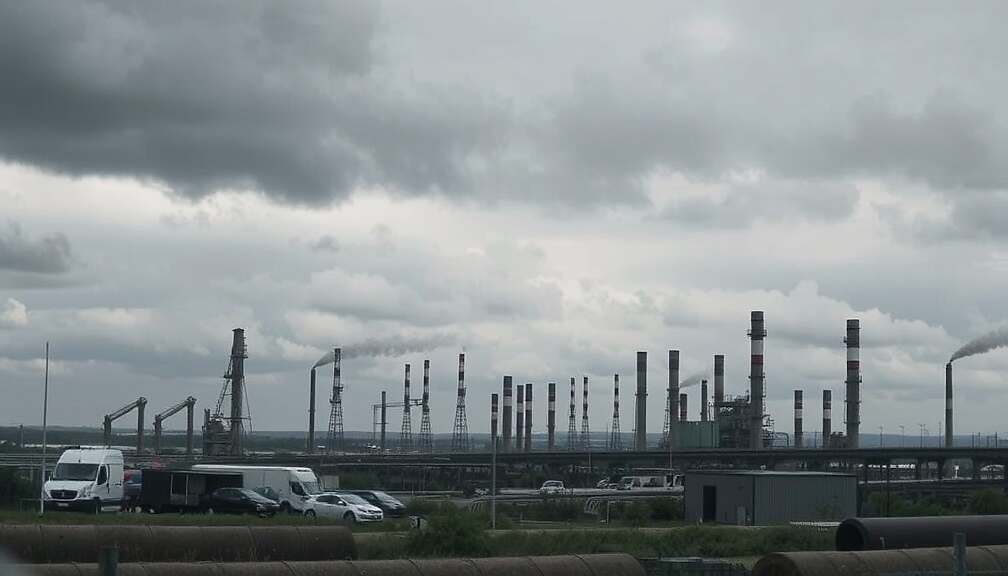Germany’s industrial base is confronting a deepening crisis of confidence, extending far beyond the immediate pressures of recession and geopolitical instability. A recent survey, commissioned by restructuring consultancy FTI-Andersch and reported by “Handelsblatt”, reveals a widespread pessimism about the long-term viability of key sectors, prompting urgent questions about the nation’s economic future.
The findings paint a stark picture. A concerning 60% of German automotive suppliers have relinquished hope of securing business from rapidly expanding Chinese automakers, a critical market that was once perceived as ripe for German expertise. This reflects a growing recognition of China’s accelerating technological advancements and increasingly competitive pricing. Furthermore, a majority (51%) of engineering firms express anxieties about losing their technological leadership to foreign competitors within the coming years, a warning that challenges the cornerstone of Germany’s industrial strength.
Perhaps most alarming is the overwhelming concern within energy-intensive industries, including chemicals and steel, where 94% anticipate significant operational relocation out of Germany. This exodus is driven by cripplingly high energy costs and a perceived lack of governmental action to address the issue, potentially eroding entire value chains and triggering significant job losses.
While Chancellor Friedrich Merz’s (CDU) promise of an “autumn of reforms” has been touted as a response to these challenges, the survey suggests a lingering skepticism within the business community. Despite recent government measures related to social welfare and infrastructure, over half (51%) of surveyed companies remain apprehensive about a continued economic standstill, or even a deterioration, over the next twelve months.
This widespread pessimism raises serious questions about the effectiveness of current government policy and its ability to foster a climate conducive to investment and industrial growth. Critics argue that the promised reforms are too little, too late and fail to address the core structural issues – high energy costs, regulatory burdens and a perceived lack of competitiveness globally – that are driving German businesses to question their long-term viability within the country. The survey underscores a critical juncture for the German economy, demanding a radical reassessment of its industrial strategy and a commitment to decisive action to reverse this alarming trend of declining confidence.












